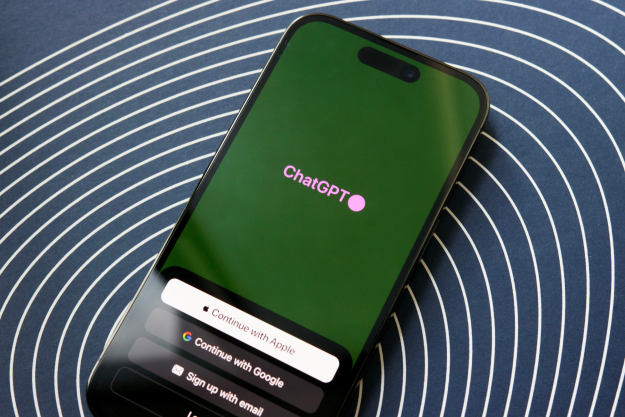OpenAI’s ChatGPT may be pretty smart, but it’s not currently able to correctly identify the person at the helm of the world’s third-biggest economy.
Japan’s digital minister, Taro Kono, said that when he recently tried out OpenAI’s much-lauded chatbot, it mistook him for Japan’s prime minister, Fumio Kishida — the person he lost to in a leadership election in 2021.
“I asked ChatGPT who Kono Taro is and he came back with the wrong answer, so you need to be careful,” Kono told Bloomberg, adding that the chatbot responded with: “The prime minister of Japan.”
ChatGPT’s website it points out that the chatbot “may occasionally generate incorrect information.”
Kono was speaking as his administration begins to examine the pros and cons of AI, with the issue of regulation expected to come up during the Group of Seven meeting in Hiroshima later this week.
Japan’s digital minister told Bloomberg that Japan is “more eager to try new AI technologies,” adding that the government is discussing its use with various companies in the sector.
Kono’s comments come a month after OpenAI CEO Sam Altman visited Tokyo to discuss business. While his AI tool may have been confused about Kono’s identity, we’re assuming Altman knew who he was speaking to during a meeting with the actual prime minister, Fumio Kishida. Altman revealed during the exchange that OpenAI is considering opening an office in Tokyo “to engage with the wonderful talent and build something great for Japanese people and make the models better.”
In other comments during his first overseas trip since ChatGPT went viral in November, Altman said, “Japan is certainly one of the centers of the world, first with image generation and now with ChatGPT,” claiming that the chatbot has more than a million daily users in the country.
While politicians can sometimes be accused of being out of touch when it comes to tech, Kono seems like a good fit for his role as digital minister, promising to modernize the technology used by government departments while at the same time earning a reputation for his savvy use of social media as a way of connecting with voters. The minister has 2.6 million followers on the platform, nearly four times more than the Japanese prime minister’s account. Kono, who studied in the U.S. in the 1980s, also tweets from an English-language account that has more than 75,000 followers.
Certainly, Kono is better suited to the position of digital minister than Yoshitaka Sakurada was for the post of cyber-security minister, a task he was given in 2018 despite never having used a computer.
Editors' Recommendations
- Even OpenAI has given up trying to detect ChatGPT plagiarism
- ChatGPT: the latest news, controversies, and tips you need to know
- What is a DAN prompt for ChatGPT?
- Google Bard can now speak, but can it drown out ChatGPT?
- ChatGPT maker OpenAI faces FTC probe over consumer protection laws



